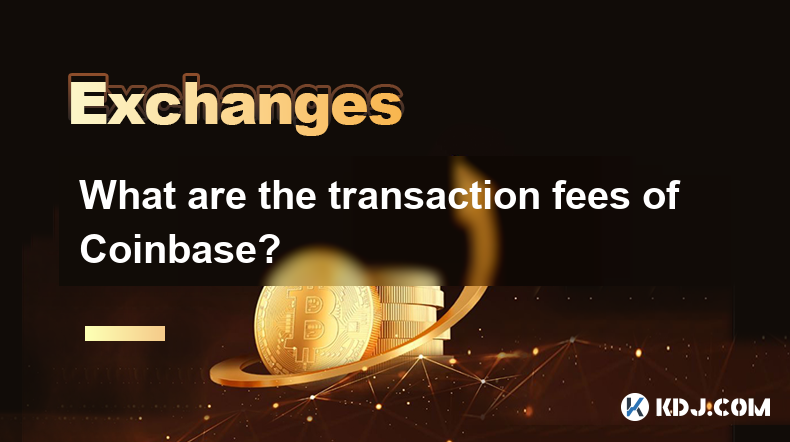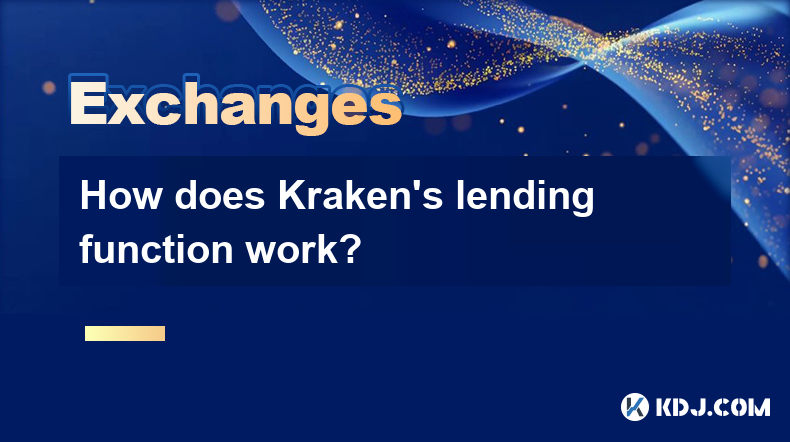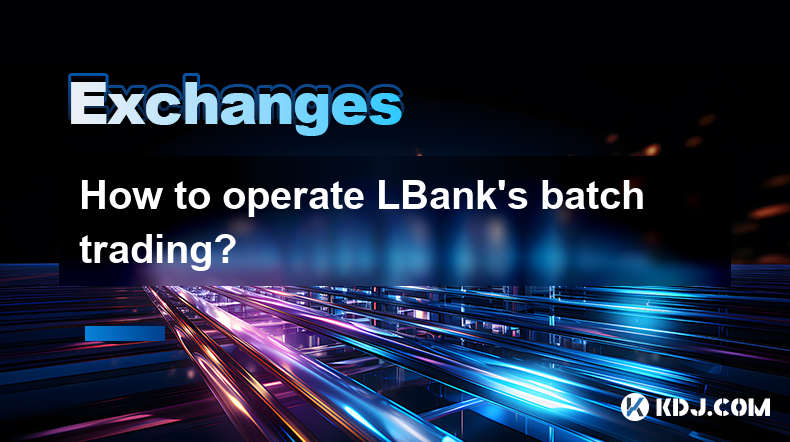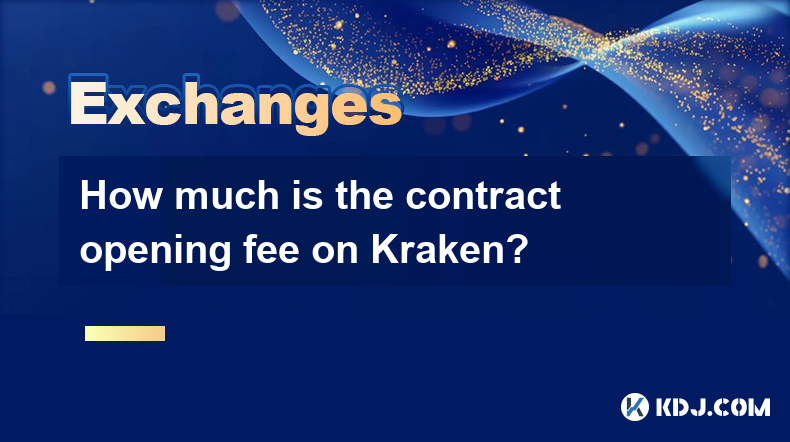-
 Bitcoin
Bitcoin $94,902.1637
1.77% -
 Ethereum
Ethereum $1,796.4722
2.08% -
 Tether USDt
Tether USDt $1.0005
0.02% -
 XRP
XRP $2.1946
-0.51% -
 BNB
BNB $603.8226
1.16% -
 Solana
Solana $151.5985
0.31% -
 USDC
USDC $0.9999
-0.01% -
 Dogecoin
Dogecoin $0.1821
1.30% -
 Cardano
Cardano $0.7195
-1.33% -
 TRON
TRON $0.2429
-1.58% -
 Sui
Sui $3.5863
7.87% -
 Chainlink
Chainlink $15.0764
0.61% -
 Avalanche
Avalanche $22.4856
1.08% -
 Stellar
Stellar $0.2857
2.12% -
 Hedera
Hedera $0.1977
5.83% -
 UNUS SED LEO
UNUS SED LEO $8.9038
-3.40% -
 Shiba Inu
Shiba Inu $0.0...01392
3.26% -
 Toncoin
Toncoin $3.2290
2.43% -
 Bitcoin Cash
Bitcoin Cash $377.9130
7.63% -
 Polkadot
Polkadot $4.2890
1.72% -
 Litecoin
Litecoin $86.8302
4.29% -
 Hyperliquid
Hyperliquid $18.3407
0.39% -
 Dai
Dai $0.9999
0.00% -
 Bitget Token
Bitget Token $4.4393
0.01% -
 Ethena USDe
Ethena USDe $0.9997
0.02% -
 Pi
Pi $0.6449
-0.64% -
 Monero
Monero $228.4927
0.48% -
 Uniswap
Uniswap $5.8813
1.08% -
 Pepe
Pepe $0.0...08768
1.21% -
 Aptos
Aptos $5.5478
2.09%
What are the transaction fees of Coinbase?
Coinbase charges various fees including trading fees (0.50% for simple transactions), withdrawal fees ($1.49-$10 for BTC), and deposit fees (3.99% for credit cards).
Apr 15, 2025 at 11:15 pm

Coinbase, one of the leading cryptocurrency exchanges in the world, charges various fees for its services. Understanding these fees is crucial for users who want to maximize their investments and minimize costs. In this article, we will delve into the specifics of Coinbase's transaction fees, including trading fees, withdrawal fees, and other charges that users may encounter.
Trading Fees on Coinbase
Coinbase charges fees for trading cryptocurrencies on its platform. These fees vary depending on the type of transaction and the payment method used. For transactions involving buying or selling cryptocurrencies, Coinbase applies a spread fee, which is a percentage above or below the market price.
- Simple Transactions: For simple buy/sell transactions, Coinbase charges a spread fee of around 0.50%. This fee is included in the price displayed to the user, so it might not be immediately apparent.
- Coinbase Pro: For users who utilize Coinbase Pro, the fee structure is different. Coinbase Pro offers a maker-taker fee model, where fees depend on the user's 30-day trading volume. The maker fee, which applies to orders that add liquidity to the order book, can range from 0.00% to 0.50%. The taker fee, which applies to orders that remove liquidity from the order book, can range from 0.04% to 0.50%.
Withdrawal Fees on Coinbase
When withdrawing cryptocurrencies from Coinbase to an external wallet, users are subject to withdrawal fees. These fees vary depending on the cryptocurrency being withdrawn and the blockchain network's current congestion.
- Bitcoin (BTC): The withdrawal fee for Bitcoin typically ranges from $1.49 to $10 per transaction, depending on the network congestion.
- Ethereum (ETH): For Ethereum withdrawals, the fee can be around $0.50 to $5 per transaction.
- Other Cryptocurrencies: Fees for other cryptocurrencies like Litecoin (LTC) or Bitcoin Cash (BCH) are usually lower, often ranging from $0.10 to $1 per transaction.
Deposit Fees on Coinbase
Coinbase does not charge fees for depositing cryptocurrencies into your account. However, if you deposit fiat currency using a bank account or a debit card, you may incur fees from your bank or card issuer. Additionally, if you deposit funds using a credit card, Coinbase charges a fee of around 3.99%.
Coinbase Wallet Fees
The Coinbase Wallet, a separate application from the main Coinbase platform, also has its own fee structure. When sending cryptocurrencies from the Coinbase Wallet to another wallet, users are subject to network fees, which are paid to miners or validators on the blockchain.
- Sending Cryptocurrencies: The fees for sending cryptocurrencies from the Coinbase Wallet are similar to the withdrawal fees on the main Coinbase platform. For example, sending Bitcoin might cost around $1.49 to $10, depending on network conditions.
- Receiving Cryptocurrencies: There are no fees for receiving cryptocurrencies into the Coinbase Wallet.
Other Fees on Coinbase
Apart from trading, withdrawal, and deposit fees, Coinbase may charge other fees for specific services.
- Coinbase Card: If you use the Coinbase Card to spend your cryptocurrencies, there may be fees associated with ATM withdrawals or foreign transaction fees. The ATM withdrawal fee is typically around $2.50, and foreign transaction fees are around 3%.
- Coinbase Custody: For institutional clients using Coinbase Custody, there are various fees for custody services, including setup fees, monthly maintenance fees, and transaction fees. These fees can vary significantly based on the specific services used.
How to Minimize Fees on Coinbase
To minimize fees on Coinbase, users can take several steps:
- Use Coinbase Pro: Trading on Coinbase Pro can significantly reduce trading fees, especially for high-volume traders.
- Choose the Right Payment Method: When depositing funds, using a bank account instead of a credit card can help avoid the higher fees associated with credit card transactions.
- Monitor Network Conditions: When withdrawing cryptocurrencies, choosing times when the network is less congested can result in lower withdrawal fees.
- Consider Coinbase Wallet: Using the Coinbase Wallet for certain transactions can sometimes be more cost-effective than using the main Coinbase platform.
Frequently Asked Questions
Q: Are there any hidden fees on Coinbase?
A: Coinbase is transparent about its fees, but some fees, like the spread fee, are included in the price shown to the user. Always review the total cost of your transaction before confirming.
Q: Can I avoid fees entirely on Coinbase?
A: It is impossible to avoid all fees on Coinbase, as some fees, like network fees for withdrawals, are inherent to the blockchain. However, by using Coinbase Pro and choosing the right payment methods, you can minimize your costs.
Q: Do Coinbase fees change over time?
A: Yes, Coinbase fees can change based on market conditions, network congestion, and other factors. It's important to stay updated on Coinbase's fee schedule.
Q: How can I check the current fees on Coinbase?
A: You can check the current fees on Coinbase by visiting their official website or reviewing the fee section within the Coinbase app.
Disclaimer:info@kdj.com
The information provided is not trading advice. kdj.com does not assume any responsibility for any investments made based on the information provided in this article. Cryptocurrencies are highly volatile and it is highly recommended that you invest with caution after thorough research!
If you believe that the content used on this website infringes your copyright, please contact us immediately (info@kdj.com) and we will delete it promptly.
- The “crypto lead-in to coin” is a classic case of the NYT Mini pulling no punches
- 2025-04-26 03:00:12
- Nexera Partners with KRNL Labs to Drive Institutional-Grade Tokenization
- 2025-04-26 03:00:12
- How the Tariff Shock Is Reshaping Markets
- 2025-04-26 02:55:13
- Binance Futures Leads the Market Through Its April 2025 Trading Activity
- 2025-04-26 02:55:13
- Pudgy Penguins (PENGU) Token Bounces Back This Week, Soaring to Its Highest Level Since February
- 2025-04-26 02:50:12
- Bitcoin (BTC) Price Spikes Above $95k, Setting Up Short Squeeze
- 2025-04-26 02:50:12
Related knowledge

How does Kraken's lending function work?
Apr 25,2025 at 07:28pm
Kraken's lending function provides users with the opportunity to earn interest on their cryptocurrency holdings by lending them out to other users on the platform. This feature is designed to be user-friendly and secure, allowing both novice and experienced crypto enthusiasts to participate in the lending market. In this article, we will explore how Kra...

Where to view LBank's API documentation?
Apr 24,2025 at 06:21am
LBank is a popular cryptocurrency exchange that provides various services to its users, including trading, staking, and more. One of the essential resources for developers and advanced users is the API documentation, which allows them to interact with the platform programmatically. In this article, we will explore where to view LBank's API documentation...

Which third-party trading robots does Bitfinex support?
Apr 24,2025 at 03:08am
Bitfinex, one of the leading cryptocurrency exchanges, supports a variety of third-party trading robots to enhance the trading experience of its users. These robots automate trading strategies, allowing traders to execute trades more efficiently and potentially increase their profits. In this article, we will explore the different third-party trading ro...

How to operate LBank's batch trading?
Apr 23,2025 at 01:15pm
LBank is a well-known cryptocurrency exchange that offers a variety of trading features to its users, including the option for batch trading. Batch trading allows users to execute multiple trades simultaneously, which can be particularly useful for those looking to manage a diverse portfolio or engage in arbitrage opportunities. In this article, we will...

How much is the contract opening fee on Kraken?
Apr 23,2025 at 03:00pm
When engaging with cryptocurrency exchanges like Kraken, understanding the fee structure is crucial for managing trading costs effectively. One specific fee that traders often inquire about is the contract opening fee. On Kraken, this fee is associated with futures trading, which allows users to speculate on the future price of cryptocurrencies. Let's d...

How to use cross-chain transactions on Kraken?
Apr 23,2025 at 12:50pm
Cross-chain transactions on Kraken allow users to transfer cryptocurrencies between different blockchain networks seamlessly. This feature is particularly useful for traders and investors looking to diversify their portfolios across various blockchains or to take advantage of specific opportunities on different networks. In this article, we will explore...

How does Kraken's lending function work?
Apr 25,2025 at 07:28pm
Kraken's lending function provides users with the opportunity to earn interest on their cryptocurrency holdings by lending them out to other users on the platform. This feature is designed to be user-friendly and secure, allowing both novice and experienced crypto enthusiasts to participate in the lending market. In this article, we will explore how Kra...

Where to view LBank's API documentation?
Apr 24,2025 at 06:21am
LBank is a popular cryptocurrency exchange that provides various services to its users, including trading, staking, and more. One of the essential resources for developers and advanced users is the API documentation, which allows them to interact with the platform programmatically. In this article, we will explore where to view LBank's API documentation...

Which third-party trading robots does Bitfinex support?
Apr 24,2025 at 03:08am
Bitfinex, one of the leading cryptocurrency exchanges, supports a variety of third-party trading robots to enhance the trading experience of its users. These robots automate trading strategies, allowing traders to execute trades more efficiently and potentially increase their profits. In this article, we will explore the different third-party trading ro...

How to operate LBank's batch trading?
Apr 23,2025 at 01:15pm
LBank is a well-known cryptocurrency exchange that offers a variety of trading features to its users, including the option for batch trading. Batch trading allows users to execute multiple trades simultaneously, which can be particularly useful for those looking to manage a diverse portfolio or engage in arbitrage opportunities. In this article, we will...

How much is the contract opening fee on Kraken?
Apr 23,2025 at 03:00pm
When engaging with cryptocurrency exchanges like Kraken, understanding the fee structure is crucial for managing trading costs effectively. One specific fee that traders often inquire about is the contract opening fee. On Kraken, this fee is associated with futures trading, which allows users to speculate on the future price of cryptocurrencies. Let's d...

How to use cross-chain transactions on Kraken?
Apr 23,2025 at 12:50pm
Cross-chain transactions on Kraken allow users to transfer cryptocurrencies between different blockchain networks seamlessly. This feature is particularly useful for traders and investors looking to diversify their portfolios across various blockchains or to take advantage of specific opportunities on different networks. In this article, we will explore...
See all articles























































































